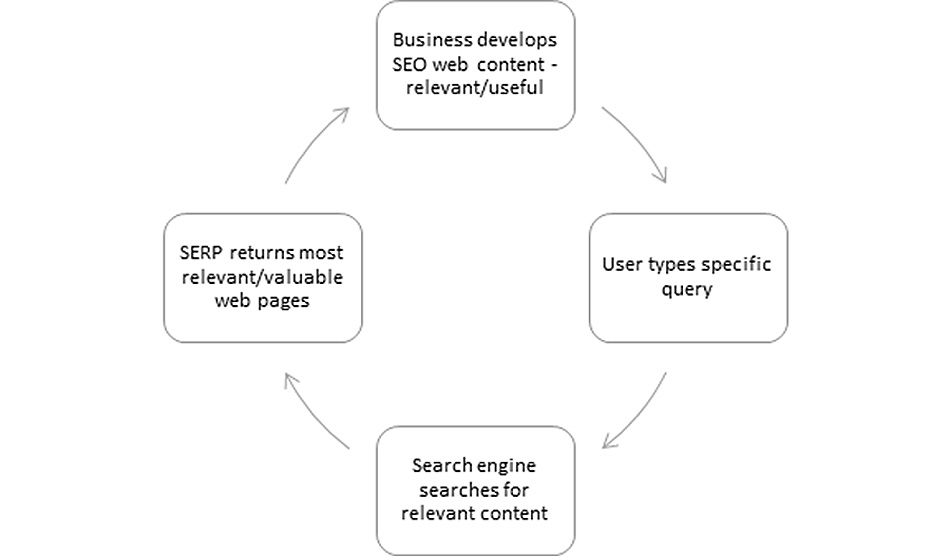Don’t Let Your SEO Efforts Go to Waste
Any web developer worth his or her salt is an expert at both off-page and on-page SEO. Simply put, good on-page SEO means a website contains content that is optimized for certain keywords and phrases so that the site’s search rankings and relevance to users are improved. Good off-page SEO means a site gains authority and relevance by building and effectively managing backlinks from other relevant, authoritative sources.
All that attention and focus on having just the right on- and off-page SEO will go to waste if the technical aspects of SEO are ignored or improperly handled. The following checklist contains recommendations for achieving the best results in terms of your site’s user experience, search engine crawling, indexing, and of course, ranking.
- Set up and manage your website’s sitemap: A sitemap informs search engines about how your website is structured. Make sure your sitemap is clean/error-free, updated when content is posted or removed, concise so crawls can be more effective, and registered in Google Search Console.
- Check the pages on your website that are indexed by the various search engines, including those that have been restricted from indexing, to make sure the number of pages indexed is about the same as the number of pages on your website.
- Use an SEO crawler, not just robots.txt, to check that every critical resource on your website is crawlable and not blocked from indexing. An SEO crawler performs a more comprehensive check that includes CSS and JavaScript files, orphan pages (those that are on your site but are not internally linked), and more that might be restricted but should not be.
- Enhance the frequency with which search engines crawl the pages of your website during a specific period of time – your crawl budget. Google statistics provide the average number of times the pages of your site are crawled daily, and from that you can calculate your monthly crawl budget. Use that intelligence to maximize the crawls that are being performed. How? By removing duplicate content, restricting indexing on pages that don’t support SEO, making crawling more efficient by adding URL parameters, and fixing broken links and redirects.
- Audit your site’s internal links to make sure the structure of your site is both logical and shallow. For example, check to ensure your site’s important pages are reachable within three clicks of the homepage (the depth of your pages). When fixing broken links, look for those that could be hidden in link tags, sitemaps, and HTTP headers. Address linking on orphan pages to make it easier for visitors and search engines to find them.
- Audit your website for HTTPS issues that could affect your site’s ranking. Check the different types of content on pages you believe are secure; if you have mixed content, it could be coming from an HTTP connection that is not secure which, in effect, makes your page less secure and can even stop a browser from loading it altogether. Make sure all the links, redirects, and canonical URLs point directly to HTTPS pages to reduce/eliminate the number of unnecessary redirects, which make a website appear slow and eat away at your crawl budget. If your site is still HTTP, consider migrating to HTTPS, given that Google uses HTTPS as one of its ranking signals.
- Make sure your site’s pages load in two seconds or less. Google factors speed when ranking a site, and a page that loads quickly and efficiently provides an optimum user experience as well as improves your bounce and conversion rates because users will be less inclined to click away from a page that has loaded quickly.
- Prioritize the mobile friendliness of your website and perform an in-depth audit of the site. With search queries from mobile devices on a steady rise, Google is planning to change how it indexes website pages. They will soon begin indexing mobile versions of websites first, rather than their desktop versions. Google provides a mobile-friendly test that lets you check a variety of criteria such as text size, plugins, how pages are viewed, and more. The key is to perform the test on every landing page of your site, since Google determines mobile friendliness on a page by page basis.
- Just as you need to restart your computer for software updates to take effect, you should have search engines re-crawl your website to make sure fixes and changes you make to your site go immediately into effect. You can submit requests to Google and Bing to re-crawl and re-index on a URL basis or on your entire website.
By systematically addressing the technical areas of your website that impact SEO, you both improve the ability of your site to rank well in searches and enhance the user experience across the entire site. The end results are well worth the effort. At Perfexion, Inc. we specialize in making sure clients’ websites are technically sound and perform to the best of their ability.
Note: Thanks to Link-Assistant.com (https://www.link-assistant.com/news/technical-seo-audit.html) for the valuable tips presented here.
WEBSITE pfxn.com
E-MAIL hello@pfxn.com
CALL 610-783-7660
SAY HELLO


